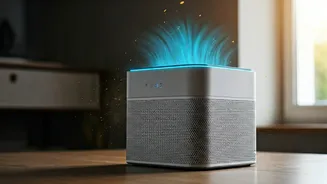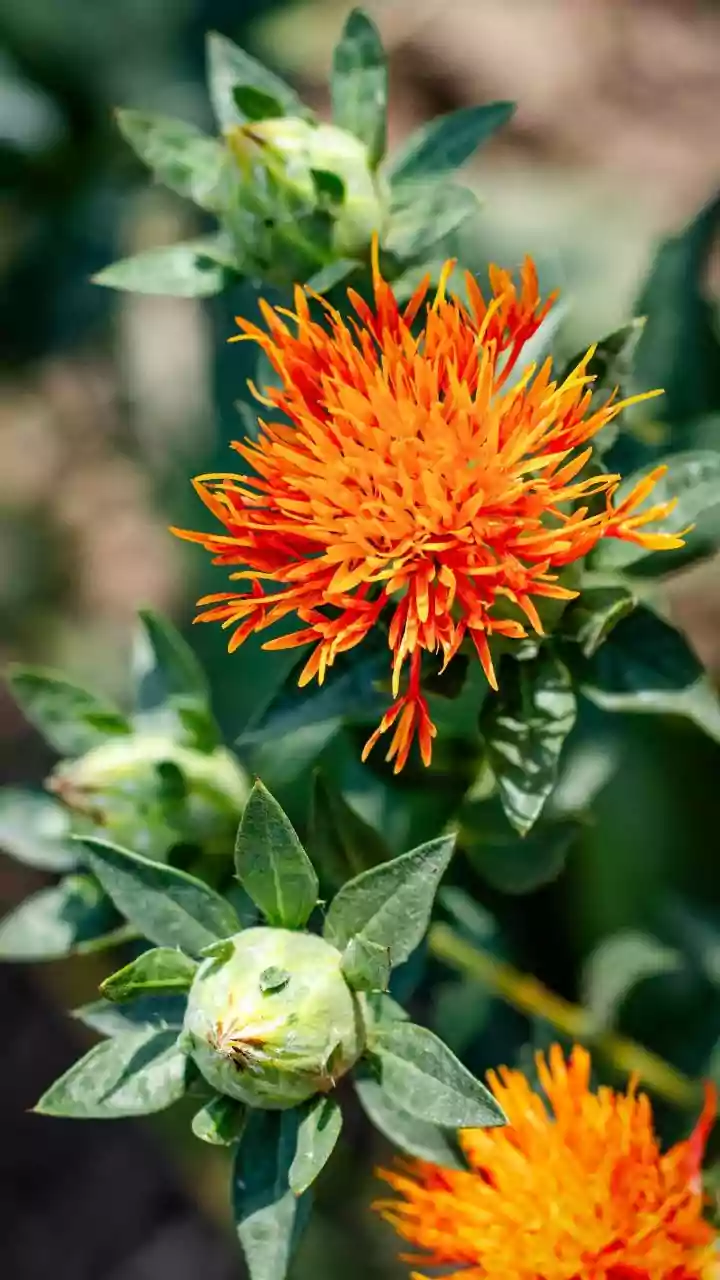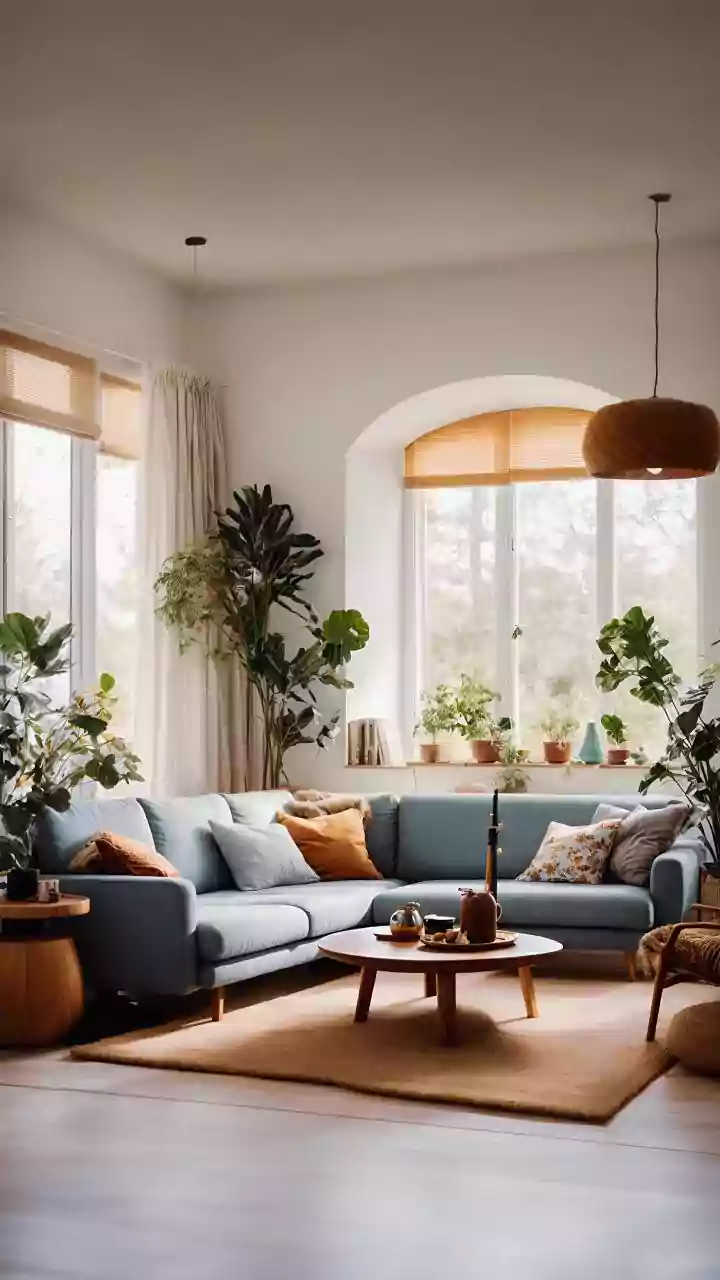Block Outdoor Pollutants
One of the primary steps to take involves preventing external pollution from entering your home. A simple yet effective measure is to stop pollutants at
the doorway. Utilize doormats inside and outside to capture dirt and contaminants tracked in from outdoors. These can trap substantial amounts of particulate matter. Furthermore, it's wise to leave shoes outside, thus avoiding the transfer of pollutants within the living space. Regular cleaning of entryways and windowsills is also important, as this will prevent the accumulation of dust and debris, thereby reducing the indoor air quality degradation due to external pollution. By focusing on these preventive measures, you can considerably improve the quality of air within your home.
Invest in Air Purification
A quality air purifier is a valuable asset in maintaining a clean indoor environment, especially post-Diwali. When choosing an air purifier, consider one with a High-Efficiency Particulate Air (HEPA) filter, which is designed to remove airborne particles, including dust, pollen, and smoke. Ensure that the air purifier has an adequate Clean Air Delivery Rate (CADR) to match the size of your room. Position the air purifier strategically in areas where you spend a lot of time, such as your bedroom or living room. Ensure you regularly clean or replace the air filter as recommended by the manufacturer to keep the air purifier working optimally. By investing in an air purifier, you take a significant step towards cleaner and healthier air inside your home.
Regular Filter Replacements
Regular replacement of air filters is essential for maintaining efficient air purification and a healthy indoor atmosphere. The frequency of filter replacements varies depending on the type of filter and the manufacturer's recommendations. However, a general guideline is to replace the filter every 3 to 6 months. For air purifiers, pay attention to the filter replacement indicators, which alert you when a replacement is needed. For air conditioning systems, inspect the filters regularly and clean or replace them as needed. Clogged filters not only reduce the air purifier's efficiency but can also cause it to work harder, decreasing its lifespan. By following a regular filter replacement schedule, you maintain the effectiveness of your air purification system and ensure a healthier living environment.
Reduce Carpet Use
Carpets can trap dust, allergens, and pollutants, diminishing indoor air quality. Post-Diwali, when air quality is often compromised, carpets can exacerbate these issues. Consider reducing carpet use in your home, especially in areas with high foot traffic. If you cannot remove carpets entirely, regular and thorough cleaning is imperative. Vacuum carpets frequently, at least twice a week, using a vacuum cleaner with a HEPA filter to capture trapped particles. Additionally, consider using area rugs, which are easier to clean and can be taken outside for beating and airing. Hard flooring options, such as tile or hardwood, are easier to maintain and can contribute to better indoor air quality, making them a more viable alternative, especially in pollution-prone seasons.
Choose Eco-Friendly Products
The products you use for cleaning and personal care impact indoor air quality. Traditional cleaning products often contain volatile organic compounds (VOCs) that can release harmful gases. These gases can linger in the air and contribute to indoor pollution. Look for eco-friendly or low-VOC alternatives, which are designed to have fewer harmful chemicals. Similarly, personal care products, such as air fresheners and perfumes, can also release VOCs. Consider using natural alternatives, such as essential oils diffused with a diffuser. By choosing eco-friendly options, you reduce the overall chemical load in your home, which is better for both your health and indoor air quality. Always ensure proper ventilation when using cleaning products.
Close Windows Properly
During times of high pollution, such as during and after Diwali, keeping your windows closed is a crucial step to minimize the entry of outdoor pollutants. Monitor local air quality reports to determine peak pollution hours. During these times, make sure windows and doors are sealed tightly to prevent outdoor pollutants from seeping inside. While closing windows might seem counterintuitive for air circulation, the trade-off with polluted air is essential. Air circulation can be maintained by using air purifiers with proper filters. If you need to ventilate your home, choose cooler hours or when pollution levels are low. This simple adjustment can considerably reduce the amount of polluted air inside your living space, making it safer and healthier.
Declutter and Clean Thoroughly
A clean and organized home contributes directly to better air quality. Clutter can trap dust and allergens, which can degrade indoor air quality. After Diwali, deep cleaning becomes even more crucial as it helps remove accumulated pollutants. Start by decluttering your living spaces. Get rid of unnecessary items that collect dust and grime. Then, conduct a thorough cleaning, paying special attention to areas where dust tends to accumulate, such as shelves, curtains, and upholstery. Use a HEPA filter vacuum to remove dust and dirt from carpets and hard surfaces. Regular cleaning, including dusting and mopping, helps minimize the presence of airborne particles. A well-maintained home reduces indoor pollutants and ensures a cleaner, healthier living environment, particularly after periods of heavy outdoor pollution.


















